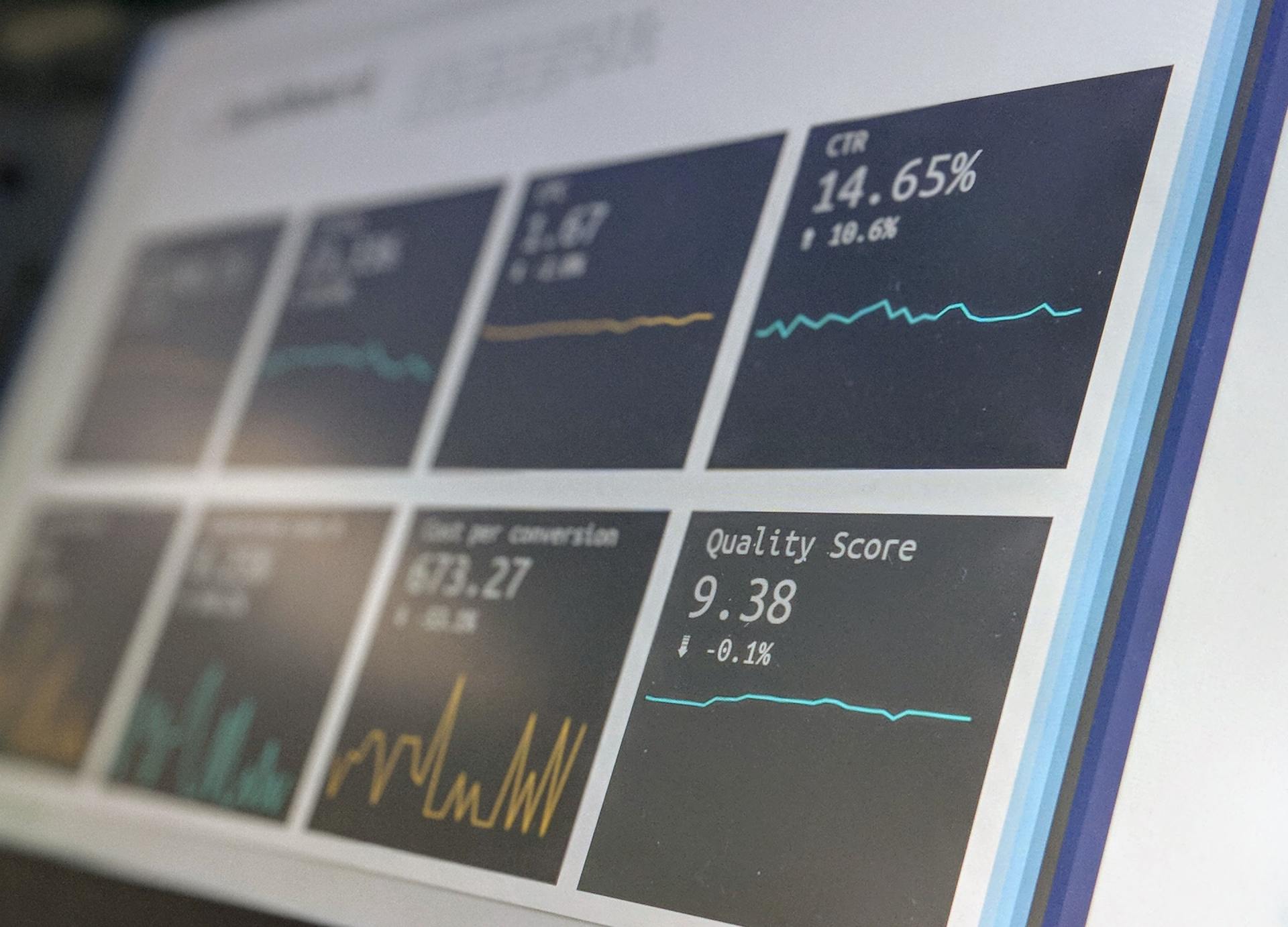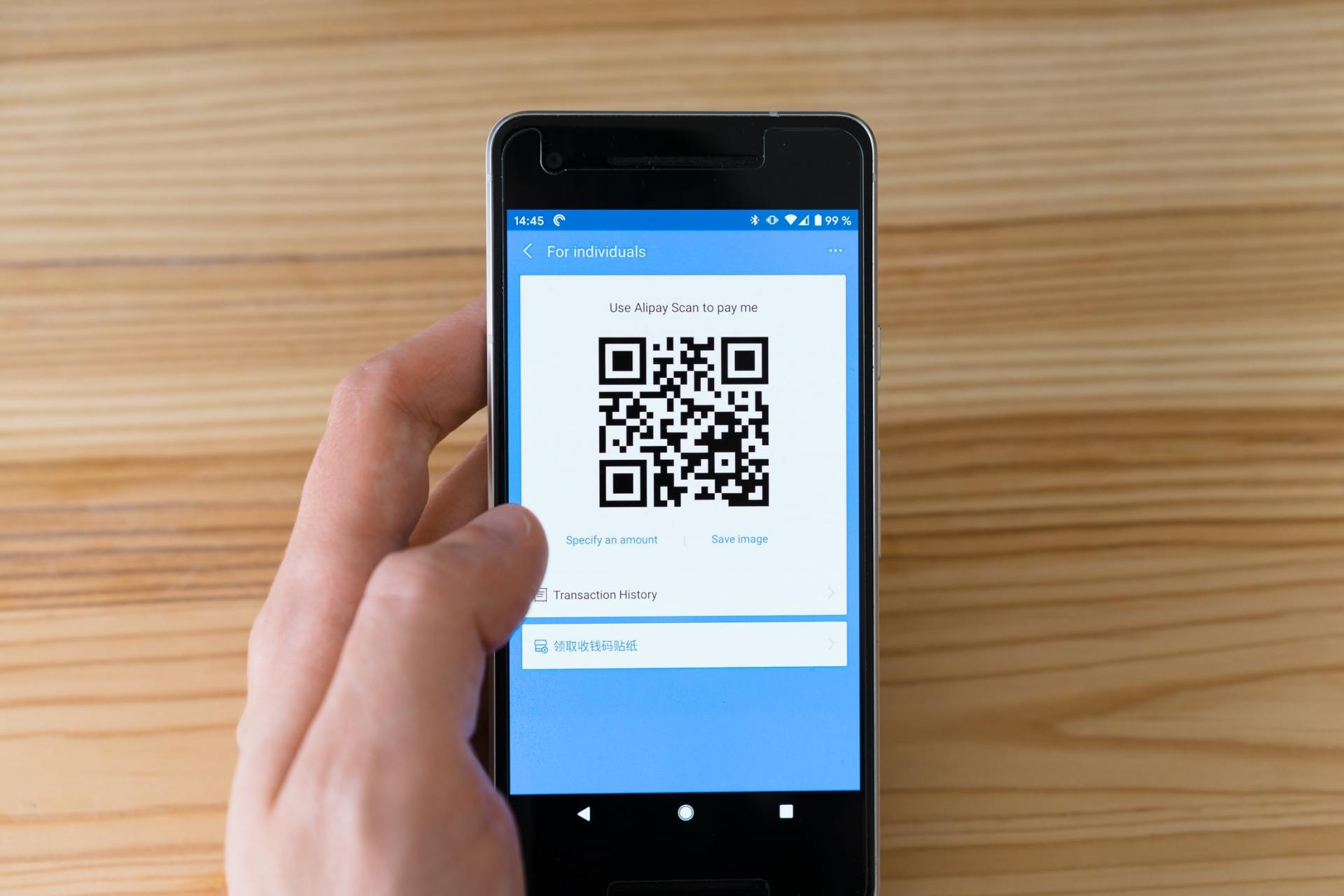What do property prices in Singapore mean for SMEs?
Dr Biz • November 10, 2020
Property prices in Singapore have been on a seemingly relentless upward trend for a number of years. So much so, in-fact, that the city-state is the second most expensive region for housing in the world, just behind Hong Kong. According to data published in 2019, the average cost of a home in Singapore is US $874,000, or $1,063 per square metre, with average growth of 1.1% per year.
While property prices in Singapore seem intimidating, though, it should be noted that the city’s average house price is significantly below the US $1.2 million an average home in Hong Kong costs. Moreover, Singapore’s rate of price growth is in-fact comparatively small, ranking 27th in the world in 2019 and well behind the fastest growing cities of Barcelona, Dublin and Shanghai, which had 16.9%, 11.9% and 11.2% annual price growth, respectively.
Property prices in Singapore stabilise
As such, while relatively high, property prices in Singapore were in an arguably vulnerable position when the Covid-19 pandemic hit, and growth has shrunk this year. In the residential market, data released in April showed that prices fell 1% in Q2
compared to Q1, which was the first downturn in price growth after three consecutive quarters of increases (although it should be noted they were still up 2.4% year-on-year).
More recent data
shows a slightly different picture. Between July and September, prices fell steeply by 3.8% in the non-landed segment of Singapore’s Core Central Region, reversing growth of 2.7% seen in Q2. However, the landed segment of the market saw prices increase by 2.7% over the same time period, resulting in an overall average gain of 0.8% for residential property in Q3 following an increase of 0.3% in Q2.
Upward price trends
Is it possible then, that property prices in Singapore have been left relatively unscathed by the Covid-19 pandemic? Some believe that the worst is yet to come, with some analysts
predicting that prices could fall by as much as 8% in 2020 overall. This is due to weaker demand and a poor economic outlook created by the pandemic, while government measures to dampen the property market could also have an effect.
In-fact, the most recent Real Estate Index published by the National University of Singapore Real Estate showed that 19.2% of industry executives were concerned about the impact government intervention to cool the residential property market could have over the next six months. The University said that this was the highest ever quarter-on-quarter increase for concerns about risks to property market sentiment, up from less than 6% of executives in Q2.
The picture is not too rosy in the commercial sector either, with a recent study from Oxford Economics
showing that, globally, commercial real estate prices had fallen 6% compared to last year. The firm noted that commercial property tended to suffer the most during economic downturns due to business closures. It predicts that Asia is likely to suffer the sharpest downturn, noting that in Singapore office rents saw their steepest decline in 11 years in Q3, falling 4.5%.
Tailwinds for developers
It’s not all doom and gloom for property prices in Singapore, though. In-fact, the sustained average growth of 0.8% in the residential market over the third quarter of this year – building on Q2 growth – is cause for celebration for some and indicates better things to come. Commenting on the latest figures, Ms Christine Sun, head of research and consultancy at OrangeTee & Tie said:
"Although the pandemic has ravaged economies worldwide and severely affected businesses in many sectors, the skies seem brighter for Singapore’s property sector that saw a surge of buyer interest and an uptick in sales volume.” Ms Sun added that: “Investors were scouring for gems in the market while owner-occupiers were snapping up ‘star-buy’ units released by property developers."
Construction and lending to benefit
The latest data shows that Singapore developers sold 3,517 homes between July and September, more than double the 1,713 homes sold between April and June. More homes are coming on-line too, with developers launching 3,791 uncompleted residential properties in Q3 compared to just 1,852 in between April and June. This suggests a real boom time for small businesses in Singapore’s property sector, a vital part of the economy.
The circuit breaker period put immense pressure on Singapore's construction industry, for example, which is expected to lose around $10 billion
in revenue in 2020 as projects were postponed and foreign workers forced to stay home. However, a sustained uptick in the property market will likely spell good news for firms like Dr Biz client ATA Building Materials, the country’s leading supplier of rockwool insulations.
Meanwhile, other areas to benefit from sustained property price growth includes lenders and brokers in the property industry, such as fellow Dr Biz client Investor SG, which helps to arrange both residential and commercial loans in Singapore, including bridging and equity loans. Firms like these should benefit from increased developing and buying activity, as well as potential refinancing among property owners.
At Dr Biz, we provide tailored and comprehensive solutions for all entrepreneurs’ business needs. From incorporation to accountancy, tax and payroll, to professional advisory services, we help businesses in Singapore assess potential risks and become more cost effective and efficient.
To find out more, please feel free to contact us.











